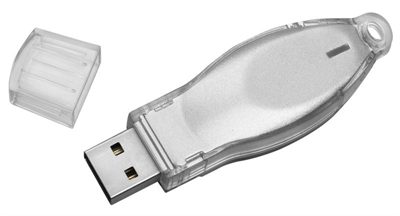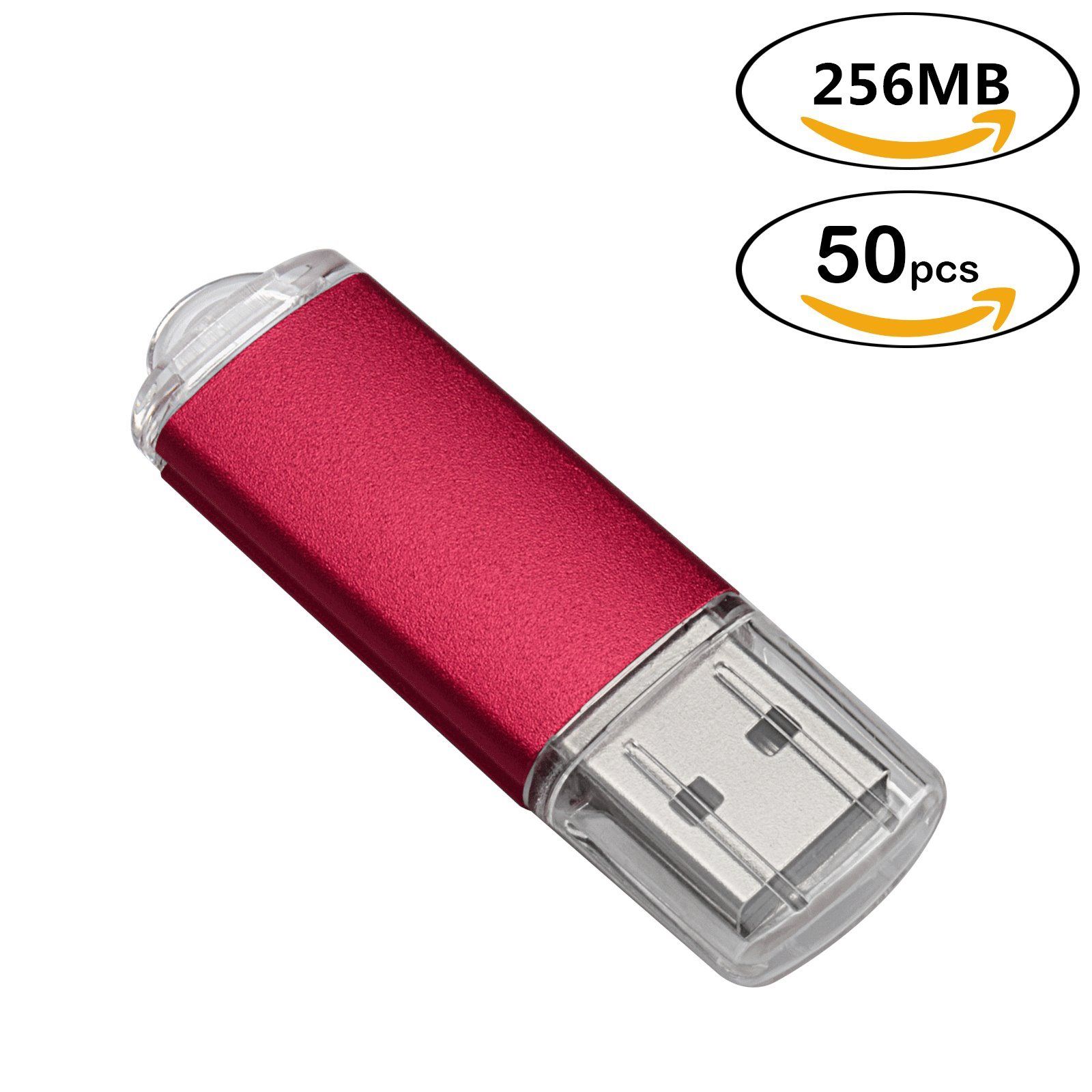
The steps for it are listed in the section below.Īlso, before you format, remember to back up the USB’s contents elsewhere if necessary. Once that’s done, the encryption option will become available both via the Finder and Disk Utility. If you couldn’t find the Encrypt Device option, you can fix this issue by formatting the USB with GUID Partition Map scheme.

The description for both is shown on the screen. Choose which encryption mode to use – New encryption mode or Compatible mode.Choose how much of your drive to encrypt – Encrypt used disk space only or Encrypt entire drive. You can decide which one is right for you after reading the description on the screen.Browse to the location where you wish to save the backup file, press Save, then click Next.

The available options are Save to your Microsoft Account, Save to a file, and Print the recovery key. For tutorial purposes, we’ll use Save to a file.

Enter a strong password, re-enter to confirm it, and press Next.

The available options are Use a password to unlock this drive and Use my smart card to unlock the drive. As the smart card method won’t be applicable to most users, we’ll use the password method for tutorial purposes. Select the appropriate method to unlock the drive.Don’t disconnect the USB during this time as that can damage your USB or cause data loss. Wait for the initialization process to complete.In File Explorer, right-click the USB and select Turn on BitLocker.Windows has a native disk encryption tool called BitLocker, which uses AES encryption in CBC or XTS mode with a 128-bit or 256-bit key to protect your data.


 0 kommentar(er)
0 kommentar(er)
